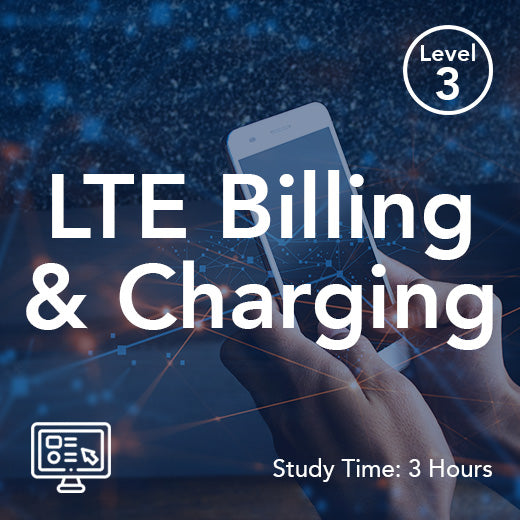Cos'è la sicurezza 5G
- , di Paul Waite
- 2 tempo di lettura minimo
Nel mondo interconnesso di oggi, l’ascesa della tecnologia 5G ha portato progressi significativi nella comunicazione e nella connettività. Con velocità più elevate, latenza inferiore e maggiore capacità, il 5G ha il potenziale per rivoluzionare i settori e migliorare il modo in cui viviamo e lavoriamo. Tuttavia, questi vantaggi comportano anche preoccupazioni sulla sicurezza.
La sicurezza 5G si riferisce alle misure e ai protocolli messi in atto per proteggere la rete 5G da minacce e attacchi informatici. Man mano che le reti 5G diventano sempre più diffuse e parte integrante della nostra vita quotidiana, garantirne la sicurezza è fondamentale per salvaguardare le informazioni sensibili e mantenere l’integrità della rete.
Uno degli aspetti chiave della sicurezza 5G è la crittografia. La crittografia è il processo di codifica dei dati in modo che solo le parti autorizzate possano accedervi e decrittografarli. Con l’aumento della velocità e della capacità delle reti 5G, anche la quantità di dati trasmessi è maggiore, rendendo la crittografia ancora più cruciale per proteggere le informazioni sensibili dall’intercettazione o dalla manomissione di soggetti malintenzionati.
Un altro aspetto importante della sicurezza 5G è l’autenticazione. L'autenticazione è il processo di verifica dell'identità degli utenti e dei dispositivi che accedono alla rete. Con la proliferazione dei dispositivi IoT e il crescente numero di dispositivi connessi sulla rete 5G, garantire che solo gli utenti e i dispositivi autorizzati possano accedere alla rete è essenziale per prevenire accessi non autorizzati e potenziali violazioni della sicurezza.
Inoltre, il network slicing è una caratteristica chiave del 5G che consente la creazione di reti virtuali all’interno della rete principale per soddisfare casi d’uso e applicazioni specifici. Ogni sezione di rete dispone dei propri protocolli e misure di sicurezza per garantire che i dati siano isolati e protetti all'interno di tale sezione. Questa segmentazione aiuta a migliorare la sicurezza riducendo al minimo l'impatto di una violazione della sicurezza sull'intera rete.
Inoltre, il monitoraggio continuo e il rilevamento delle minacce sono componenti essenziali della sicurezza 5G. Monitorando il traffico e il comportamento della rete in tempo reale, è possibile identificare e mitigare potenziali minacce alla sicurezza prima che si trasformino in attacchi in piena regola. L’implementazione di tecnologie avanzate di rilevamento delle minacce come l’intelligenza artificiale e l’apprendimento automatico può aiutare a identificare modelli e anomalie che potrebbero indicare una violazione della sicurezza.
In conclusione, la sicurezza 5G è una questione complessa e sfaccettata che richiede un approccio globale per garantire l’integrità e la riservatezza dei dati trasmessi sulle reti 5G. Implementando una solida crittografia, autenticazione, suddivisione della rete e monitoraggio continuo, le organizzazioni possono mitigare i rischi associati alla sicurezza 5G e garantire una rete sicura e affidabile per i propri utenti. Poiché la tecnologia 5G continua ad evolversi, stare al passo con le potenziali minacce alla sicurezza sarà fondamentale per mantenere la fiducia nella rete.










![[FN06sh] 5G AVANZATO (su richiesta)](http://wraycastle.com/cdn/shop/files/5G-Advanced.jpg?v=1741086243&width=645)












